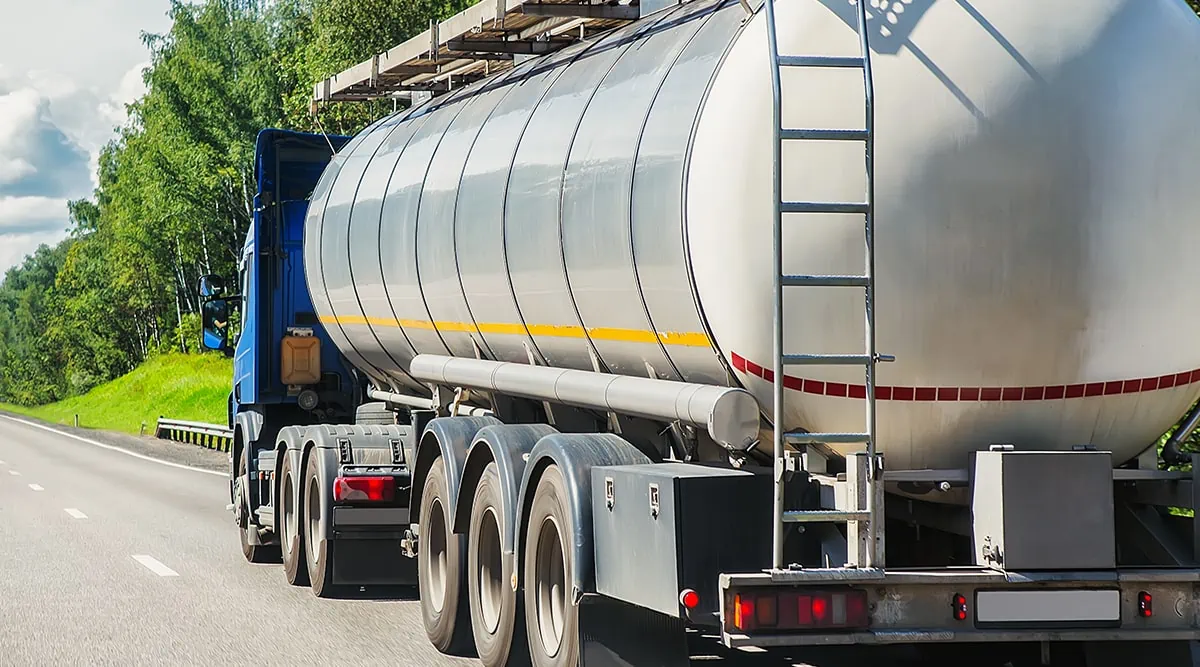The 25-Second Trick For Reclaim Waste
The 25-Second Trick For Reclaim Waste
Blog Article
How Reclaim Waste can Save You Time, Stress, and Money.
Table of ContentsGetting The Reclaim Waste To WorkOur Reclaim Waste IdeasThe Best Strategy To Use For Reclaim WasteThe smart Trick of Reclaim Waste That Nobody is Talking AboutIndicators on Reclaim Waste You Should Know
Residential sewage waste refers to the waste and items from a domestic septic container. The proper administration and disposal of domestic sewage waste call for liquid waste to be moved to a sewage treatment plant where the correct techniques and tools are applied to detoxify and dispose of waste.
Business waste commonly includes possible risks, such as flammable products or a combination of liquid and solid waste items, and needs a much more sophisticated and detailed disposal process. The disposal of commercial waste typically includes the purification of waste before transport to ensure secure and appropriate disposal. Hazardous waste is produced from by-products and runoff of industrial processes and production.
This kind of waste can not utilize the very same sewer monitoring transport or procedures as septic or industrial liquids. The hazardous waste monitoring procedure requires the examination and testing of liquid waste before it undertakes the disposal procedure (liquid waste disposal melbourne). Overflow waste is the liquid waste that comes from overflow and excess stormwater in extremely inhabited areas or cities
Runoff waste can cause contamination and flooding if not dealt with appropriately. Ensuring appropriate waste monitoring can stop catastrophes and decrease environmental injury.
Rumored Buzz on Reclaim Waste
Contact PROS Services today to find out regarding our waste monitoring and disposal solutions and the correct methods to care for the fluid waste you create.
(https://www.tumblr.com/reclaimwaste1/766851148823068673/at-reclaim-waste-were-a-national-solutions?source=share)This so-called 'wastewater' is not only an essential resource yet, after therapy, will be released to our land, waterways or the ocean. Made use of water from bathrooms, showers, baths, kitchen area sinks, laundries and commercial procedures is known as wastewater.

water this page made use of to cool down equipment or clean plant and devices). Stormwater, a kind of wastewater, is drainage that streams from agricultural and city locations such as roofing systems, parks, yards, roads, courses and seamless gutters right into stormwater drains, after rainfall. Stormwater flows without treatment directly to neighborhood creeks or rivers, at some point reaching the ocean.
Indicators on Reclaim Waste You Need To Know
In Queensland, most wastewater is treated at sewer treatment plants. Wastewater is transported from residential or commercial sites via a system of sewage systems and pump stations, called sewerage reticulation, to a sewer treatment plant. City governments construct, maintain and run most sewer treatment plants. Operators are licensed under the Environmental Management Act 1994 to discharge treated wastewater at an acceptable environmental criterion right into rivers.
The Division of Natural Resources suggests city governments about managing, operating and preserving sewage systems and treatment plants. In unsewered locations, city governments may need householders to install specific or house sewer treatment systems to treat residential wastewater from commodes, cooking areas, bathrooms and washings. The Division of Natural Resources authorises making use of family systems when they are verified to be effective.
In some new subdivisions, therapy of some stormwater to get rid of litter, sand and gravel has actually begun making use of gross toxin catches. Wastewater treatment occurs in 4 stages: Gets rid of solid issue.
Makes use of tiny living organisms understands as micro-organisms to damage down and remove staying liquified wastes and fine fragments. Micro-organisms and wastes are integrated in the sludge.
What Does Reclaim Waste Do?
Nutrient elimination is not readily available at all sewage therapy plants since it needs pricey specialised equipment. Clear fluid effluent generated after treatment might still include disease-causing micro-organisms - industrial wastewater treatment.

A lot of wastewater streams into the sewerage system. Under the Act, neighborhood governments administer authorizations and licences for eco pertinent activities (ERAs) involving wastewater launches that may have a regional impact.
The Facts About Reclaim Waste Uncovered
Tracking provides accurate details concerning water top quality and can validate that permit conditions are being fulfilled. The info gotten through surveillance offers the basis for making water quality decisions.
Report this page